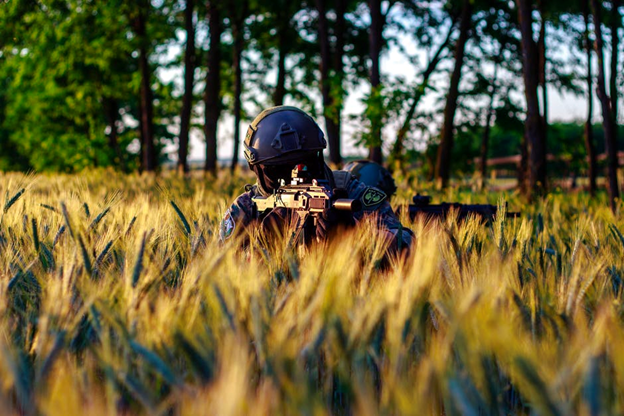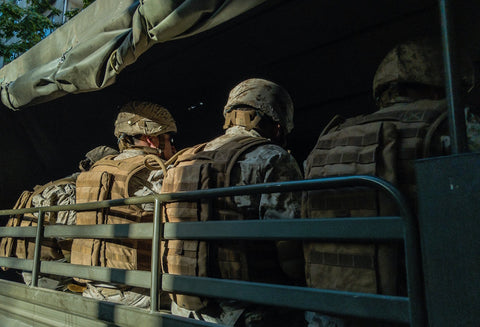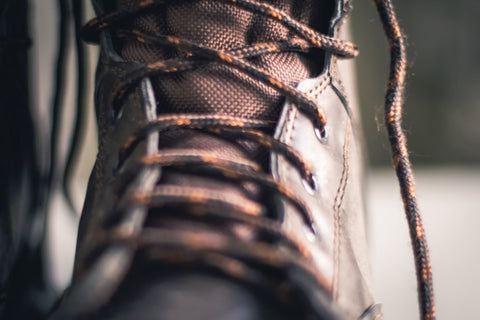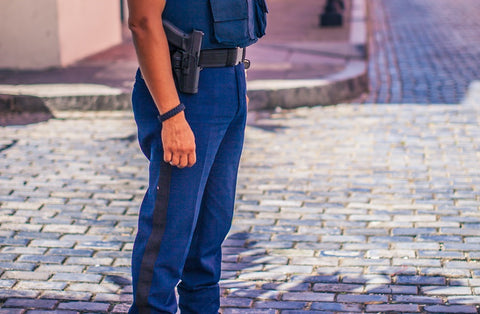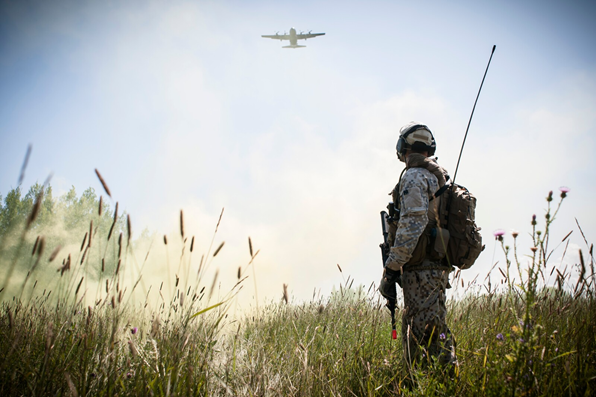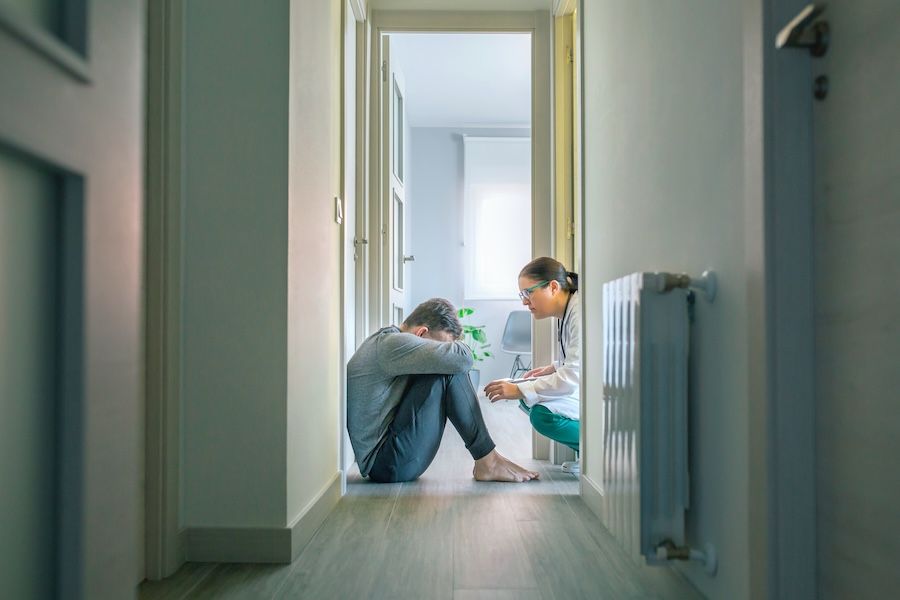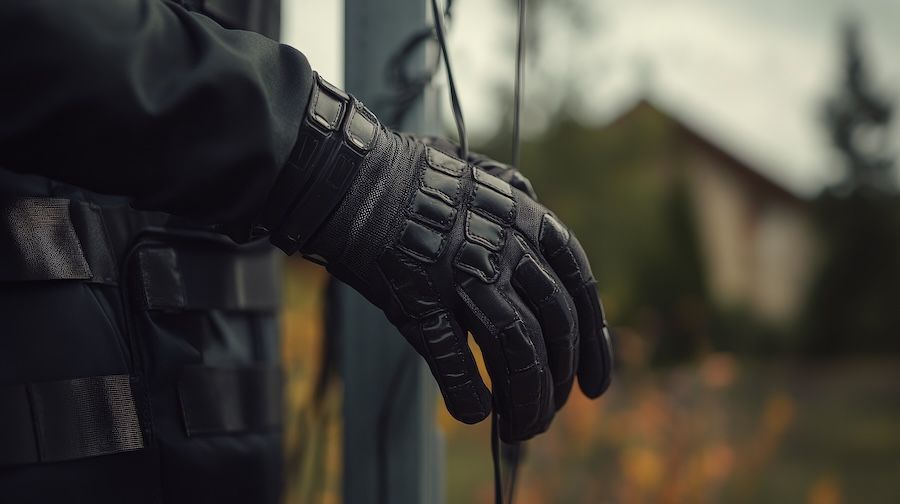Top 3 Reasons Why Law Enforcement Should Wear Body Cams
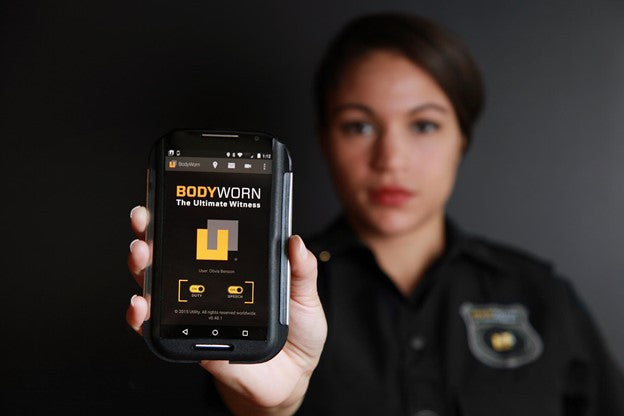
Body cameras have become a staple in policing across the world, with forces everywhere experiencing noticeable change as a result of this technology. At PSP Corp, we ensure that our customers have access to all the necessary information before investing in our products; that’s why we’ve compiled this guide to the three reasons why law enforcement should use body cams.
What Is A Body Camera?
Police body-worn cameras are small recording devices that law enforcement services use to record their activity within the general public. These cameras are wearable, meaning that they are easily attachable to an officer’s uniform. With these devices, officers can capture all interactions with the general public, including incidents during arrests, pursuits, and more. These devices capture all images and sound, making them key weapons in giving evidence in court cases. Body cameras make it easy for law enforcement agencies to record the smallest details that can make a huge difference to a prosecution case. This means that officers can spend more time saving lives and protecting communities, knowing their body camera is doing all the memorizing for them.
Three Reasons Why Law Enforcement Should Wear Body Cams
Here are the top three reasons why law enforcement agencies should make use of body cameras:
1. Reduce Civilian Complaints
One of the main reasons that body cameras have been introduced internationally is to hold law enforcement accountable. We live in historic times where police conduct is continually being brought into question, specifically concerning the treatment of marginalized communities. Previously, gathering evidence of alleged police misconduct was difficult, but with body cameras, that has changed. With the ability to hold police accountable for wrongdoing, body cameras serve as a good deterrent against misconduct and abuse of power. As a result, body cameras reduce civilian complaints, building more respect and trust for officers and building a greater amount of confidence within the community.
2. Higher Quality and More Reliable Evidence
When entering a crime scene, we have previously relied on the accuracy of reporting and excellent memories. With the help of wearable recording devices, law enforcement agencies can devote more time to making arrests and securing civilian safety. Body cameras allow law enforcement to passively gather visual evidence at crime scenes, providing crucial and tangible material for court cases.
3. Improved Officer Safety
Body cameras may also act as a deterrent against crimes and brutality inflicted on police officers. Traditionally, assault against police officers may have been tricky to prove, especially if it was unprovoked with no witnesses or accompanying officers. If police and law enforcement officers make body cameras a staple of their uniform, this may encourage the general public to avoid verbally or physically assaulting police officers; this may come in the form of de-escalation or avoiding the resistance of being arrested. Body cameras are also useful to provide evidence in court after a law enforcement officer is injured by a member of the public.


